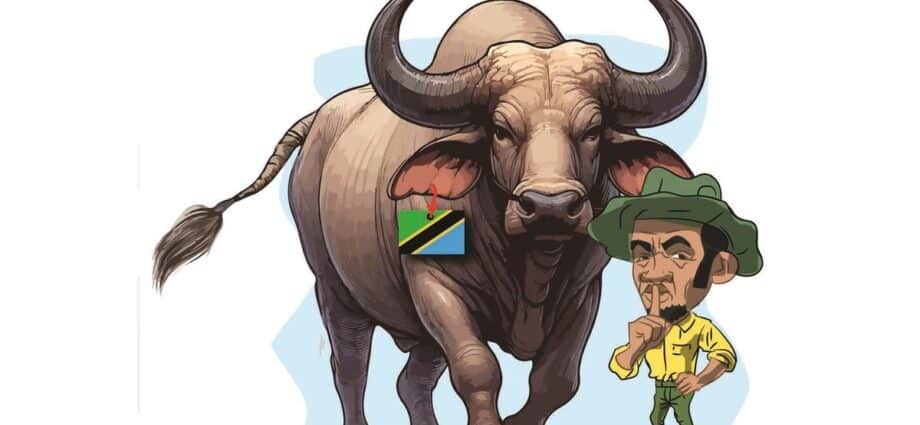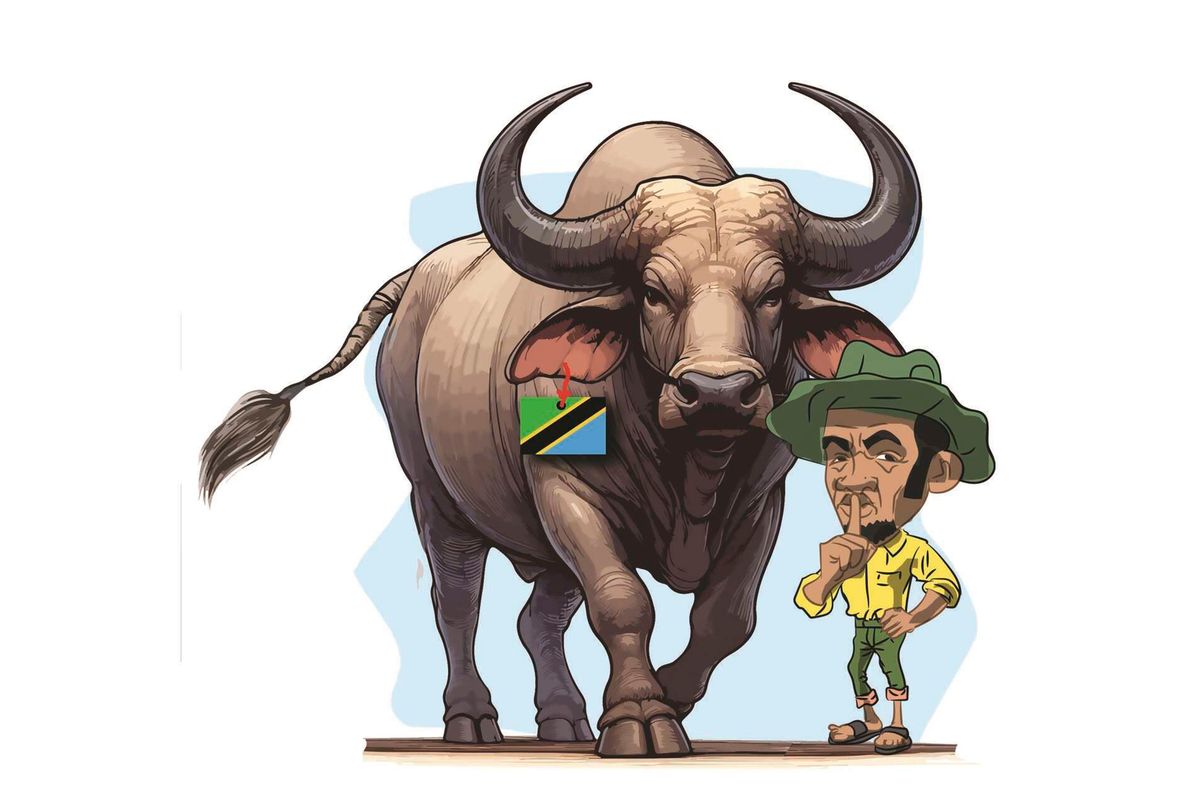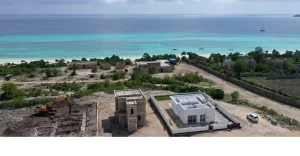Tanzania has been up to its tricks again. The Minister of Livestock and Fisheries Abdallah Ulega said Monday that the country’s meat exports have risen dramatically, jumping from 1,774.3 tonnes in 2022 to 14,701.2 tonnes in 2023.
That is a growth of a head-turning 729 percent, the type that blows socks off. He attributed the growth, not surprisingly, to “the government’s efforts to revitalise the livestock sector,” including a substantial increase in budget allocation for the sector.
That budget allocation, he said, rose from Tsh32.1 billion ($12.2 million) in the 2021/2022 fiscal year to Tsh112 billion ($42.6 million) in the 2023/2024 fiscal year.
You can’t scoff; that is a 249.18 percent increase. It is not often that African governments increase spending at that level in productive sectors. They do so for MPs to buy cars and travel abroad, for State House so the president can feed his patronage machine, or for dubious “classified expenditure,” not livestock or beef.
Of course, the Tanzania government doesn’t own cattle in any significant number, so the beef is ultimately the product of farmers’ enterprise. These farmers have given Tanzania 36.6 million head of cattle, the second-largest cattle population in Africa, after Ethiopia.
This news will be surprising to many people outside Tanzania. Few would associate Tanzania with leadership in anything to do with cattle or beef. We never hear noises and see photographs of long-horned Ankole cattle or read claims about how Tanzanian beef is the meat of the gods. Tanzanians don’t even seem to know how to polish cattle horns, adorn them with beads, or compose cow poetry. Or so it would seem.
But they know their cattle. They just don’t make noise about it. In East Africa, this is known as the “silent Tanzanian approach,” and the country is dabbed the “slow burner”. The only Tanzanian we know in the rest of the world who brags about his wealth and gifts is the phenomenally successful musician and dancer Diamond Platnumz, easily East Africa’s most blinged artiste.
Tanzanian Mohammed Dewji is a dollar billionaire and one of the wealthiest people in Africa. He is the youngest, wealthiest person on the continent. Although he is handsome too, he does not flood the media with stories of his fortunes and expensive lifestyle. In fact, a few years ago, some goons — or even possibly shadowy state operatives — kidnapped him, and days later released him in a maize garden or something like that. Shameless lack of respect for money.
I can count on my hands the countries in this fair world where Dewji would own the president, and the army and police chiefs. And, in many places, he would be the last thing you see before you go to bed and the first thing you see when you wake up.
Tanzania recently launched East Africa’s first electric train running on a standard gauge railway. After a few mentions in the media, that the project is underway.
Elsewhere, it would have been after 10 years of daily bragging, and by the time it comes to reality, it would have been mentioned 10,000 times. The launch event would be loud; with drums, dancers, the police band, and the president would show up to cut the tape with 100 hangers-on in tow. He would declare that the train is part of the country’s unstoppable journey to be one of the world’s top 10 economies in five years.
We leave it to Tanzanians to explain to us what kind of madness this is; being shy to proclaim your small, medium, and big achievements from the top of Mountain Kilimanjaro. They are wasting the highest mountain in Africa, leaving it mostly to foreigners to climb. Kinjikitile “Bokero” Ngwale, that great man who led the Maji Maji Rebellion against colonial rule in German East Africa (present-day Tanzania) must be writhing in his grave.
We are being jocular here. More seriously, slow-burner Tanzania represents a distinct tradition in the East African narrative of development. It shines a light on how local politics and geopolitics shape how people speak about progress.
A part of it goes back to founding Father Julius Nyerere, a modest and studious man who lived an embarrassingly simple life. Nyerere would today be too unglamorous to be a State House gardener in a couple of African presidential palaces. His ways, though, rubbed off strongly on political culture. Some years ago in London, I went to an event where President Ben Mkapa was speaking.
He mingled with the rest of us hoi polloi during the coffee break. I went over to where a couple of people were talking to him, his security standing off in the distance. There he was standing, talking away, with what must have been his favourite beaten briefcase, clasped between his legs.
It would seem that the slow-burner thing is also what happens when a long-ruling party like CCM derives its legitimacy not primarily from providing bread and butter, but more philosophical and intangible goods like “unity,” creating a “tribeless society” and being an African liberation vanguard.
Geopolitics also influences whether one will proclaim from the rooftop or not. Countries which exist in a hostile international environment, where foreign forces assail the state’s or government’s legitimacy and record on the global stage, need a megaphone to shout back their defence, and to display their record on a high billboard.
Tanzania hardly has enemies these days. It doesn’t have to make noise.
Many African countries could use such good fortune.
Charles Onyango-Obbo is a journalist, writer, and curator of the “Wall of Great Africans”. Twitter@cobbo3















